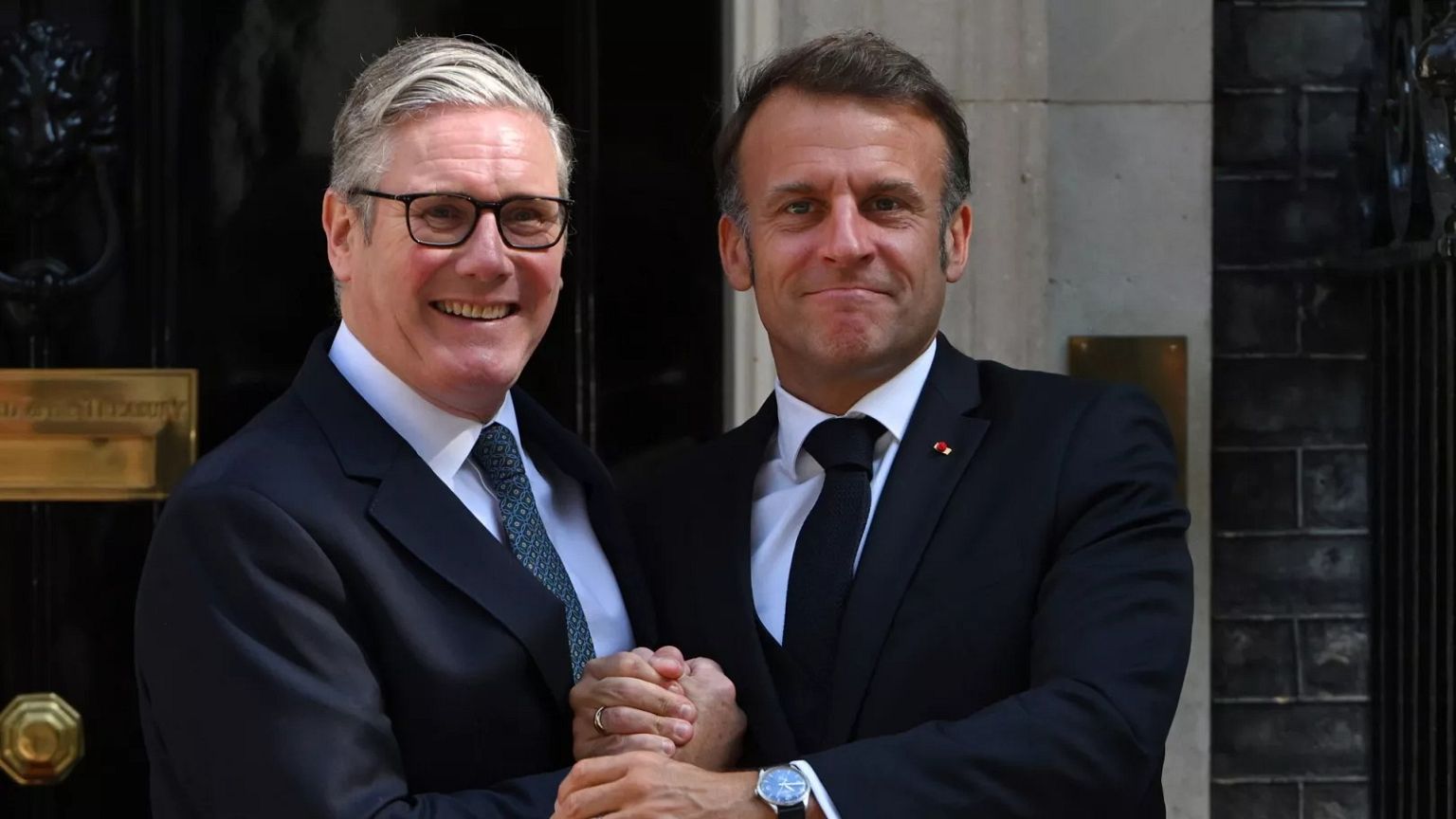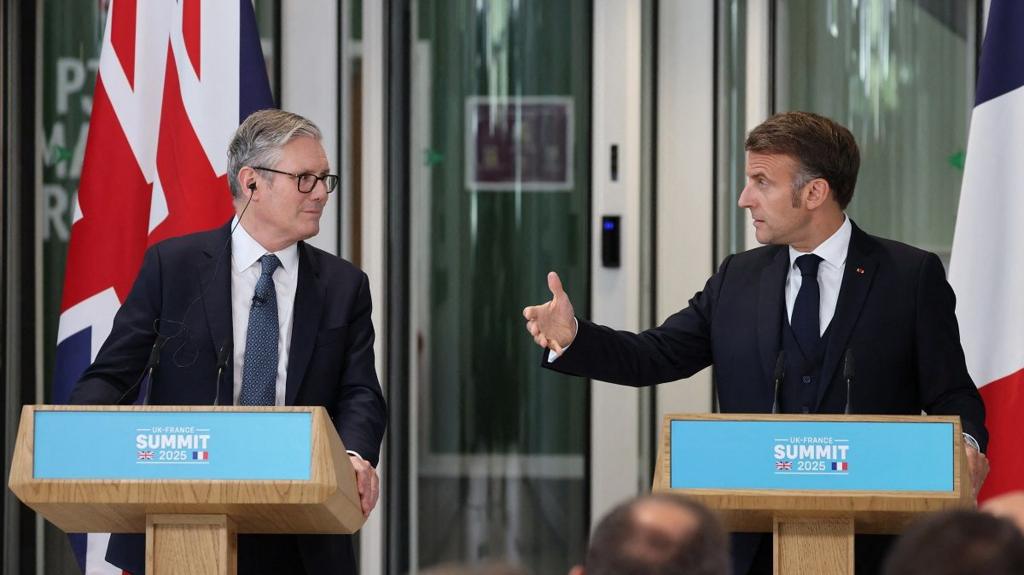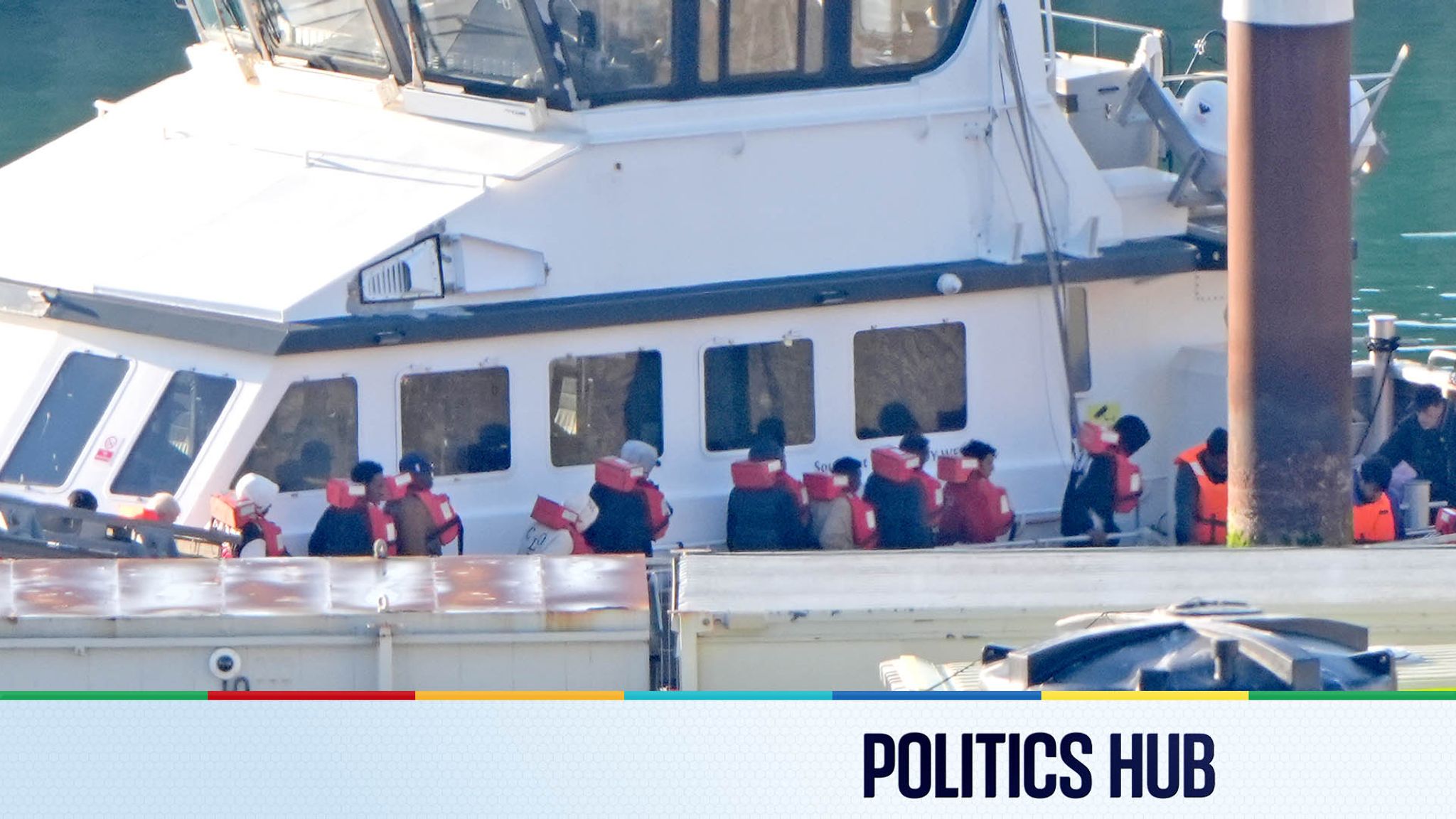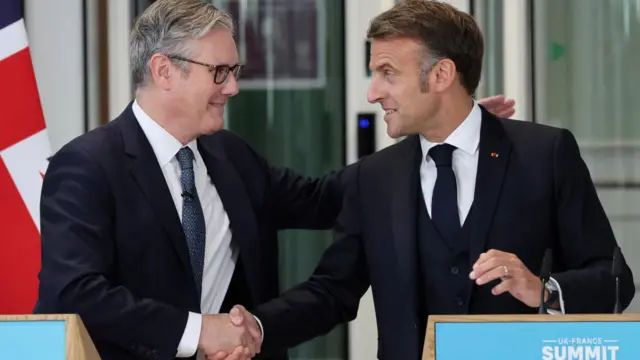New Pilot Program Aims to Curb Channel Crossings

The UK and France have launched a controversial "one in, one out" pilot scheme designed to address the ongoing issue of illegal Channel crossings by migrants. Announced on July 10, 2025, by UK Prime Minister Keir Starmer and French President Emmanuel Macron, the program involves a reciprocal exchange of asylum seekers between the two countries.
Details of the 'One In, One Out' Mechanism

For every asylum seeker returned to France who cannot prove a family connection to the UK, the UK will accept one asylum seeker from France who has a genuine family link to the UK and has not previously attempted illegal entry. The UK Home Office will assess asylum claims from those arriving by small boat, and those deemed inadmissible will be returned to France. Individuals in France seeking legal entry to the UK under this scheme must submit an Expression of Interest application and undergo biometric checks. Crucially, those returned to France after an illegal crossing will be ineligible for this legal route.
Pilot Scheme Rollout and Projected Numbers

The pilot program, pending legal review and approval by the European Commission and EU Member States, is expected to begin within weeks. Initially, it will involve the return of up to 50 asylum seekers to France weekly, with a reciprocal number accepted into the UK. The scheme’s scale could increase if deemed successful.
Stakeholders and Their Perspectives

The agreement significantly impacts various stakeholders. The UK and French governments are driven by domestic pressure to reduce irregular migration. Migrants and asylum seekers are directly affected, with the scheme offering a potential legal pathway for some while creating obstacles for others. Organized criminal gangs facilitating illegal crossings are targeted by the deal's aim to disrupt their business model.
Concerns from the EU and Humanitarian Organizations

The deal has sparked concerns among some EU member states, particularly the "Med 5" (Italy, Greece, Spain, Malta, and Cyprus), who fear it could lead to more migrants being sent to their countries. The European Commission is working to ensure compatibility with EU law. Humanitarian organizations, including Care4Calais and Utopia 56, have expressed worries about the scheme's effectiveness and potential humanitarian consequences, suggesting it may force migrants into riskier routes.
The Current Migration Crisis and Recent Statistics

The UK Home Office reported a 22% increase in small boat arrivals in the year to March 2025, reaching 38,023. Over 21,000 people crossed the Channel in the first half of 2025, a 56% increase from the same period in 2024. The human cost is significant, with 73 deaths recorded in 2024 and at least 15 reported dead or missing so far in 2025.
Criticism and Political Pressure

Critics, such as Reform UK leader Nigel Farage, argue that returning only 50 migrants weekly is insufficient to deter the large number of crossings. Others, like the Migration Policy Institute, suggest it could be effective if paired with a viable legal alternative. Aid workers highlight the potential for increased risk to life due to the deal and expanded powers for French police. Both Prime Minister Starmer and President Macron face domestic pressure to address irregular migration, with Starmer pledging to "smash the gangs" and reduce small boat crossings. The agreement has generated unease among some EU member states who fear it could add strain to Europe's asylum system.
Further Implications and Uncertainties

The effectiveness of the "one in, one out" scheme remains uncertain, and its impact on the overall number of Channel crossings and the safety of migrants attempting the journey is yet to be seen. The agreement's compatibility with EU law is still under review, with potential challenges for both governments in implementing the scheme fairly and effectively. This scheme represents a significant step in the ongoing dialogue between the UK and France concerning the management of irregular migration across the English Channel.